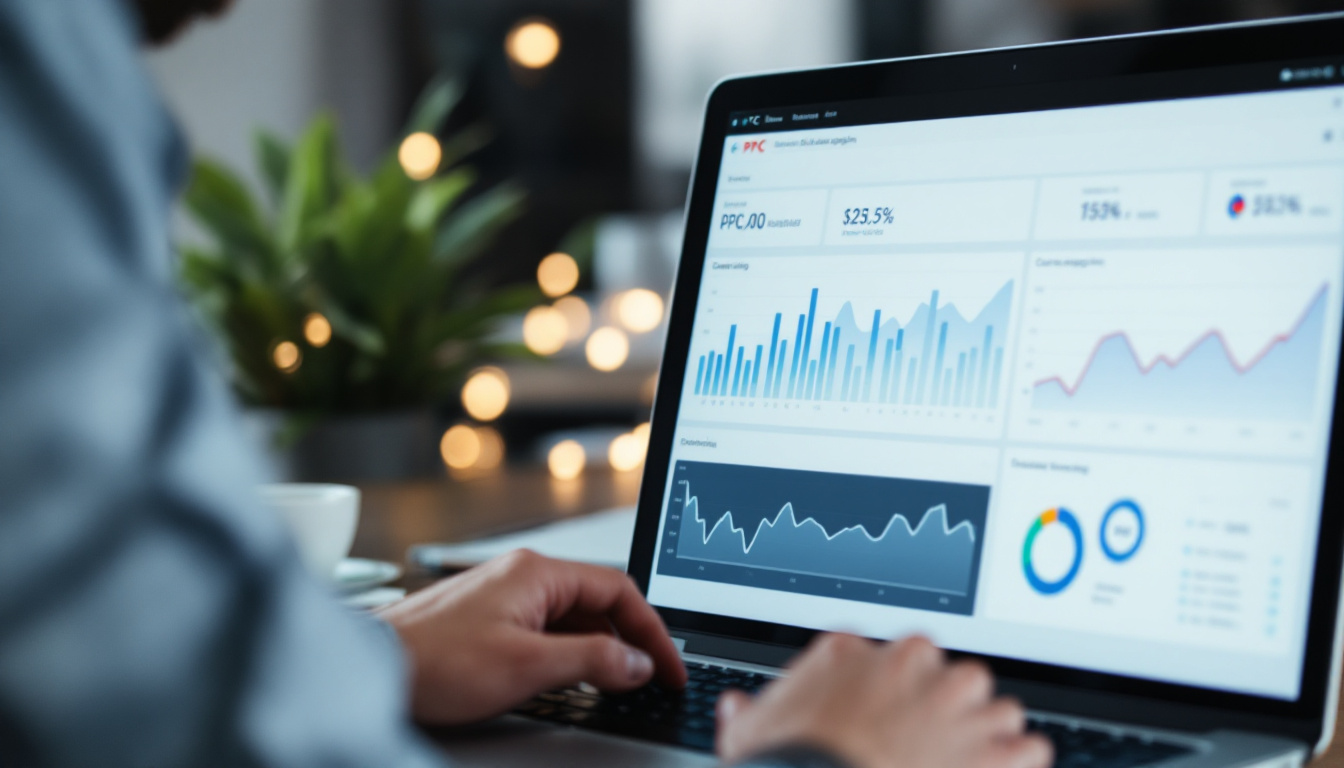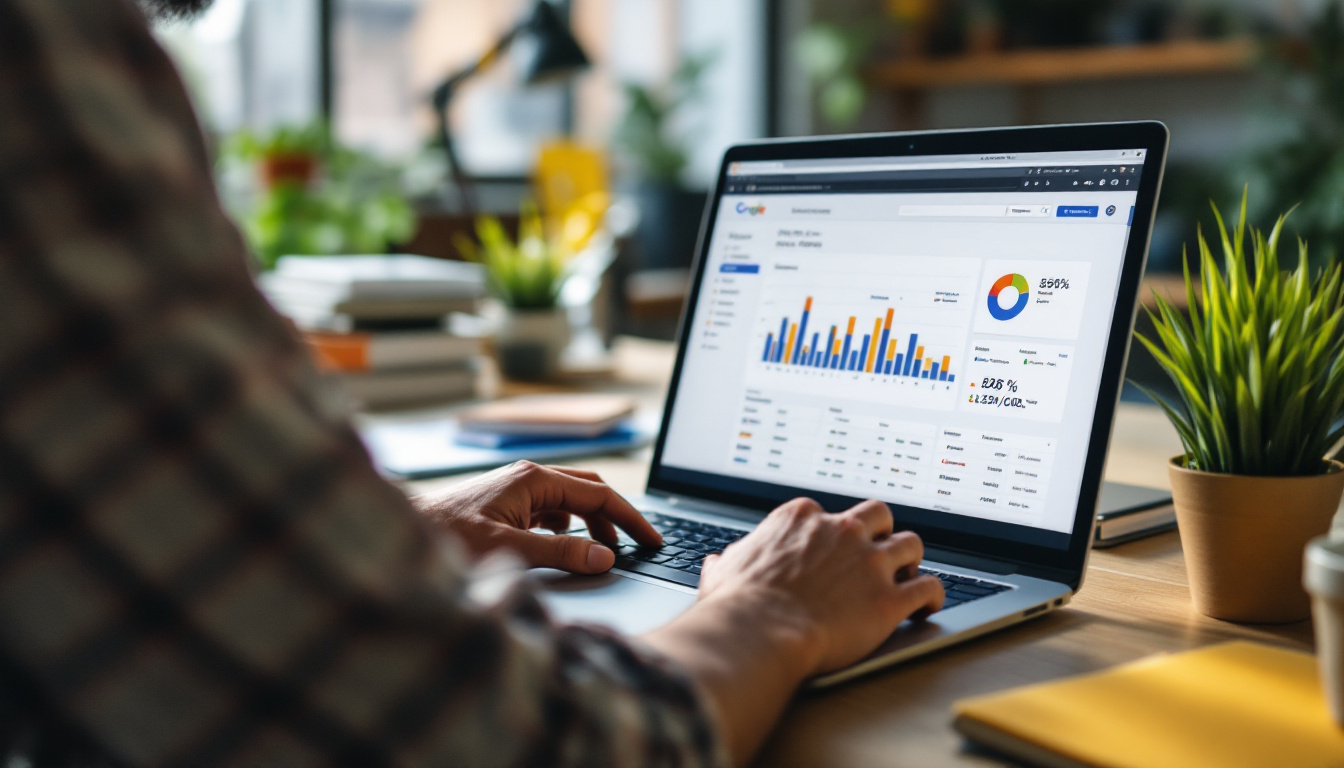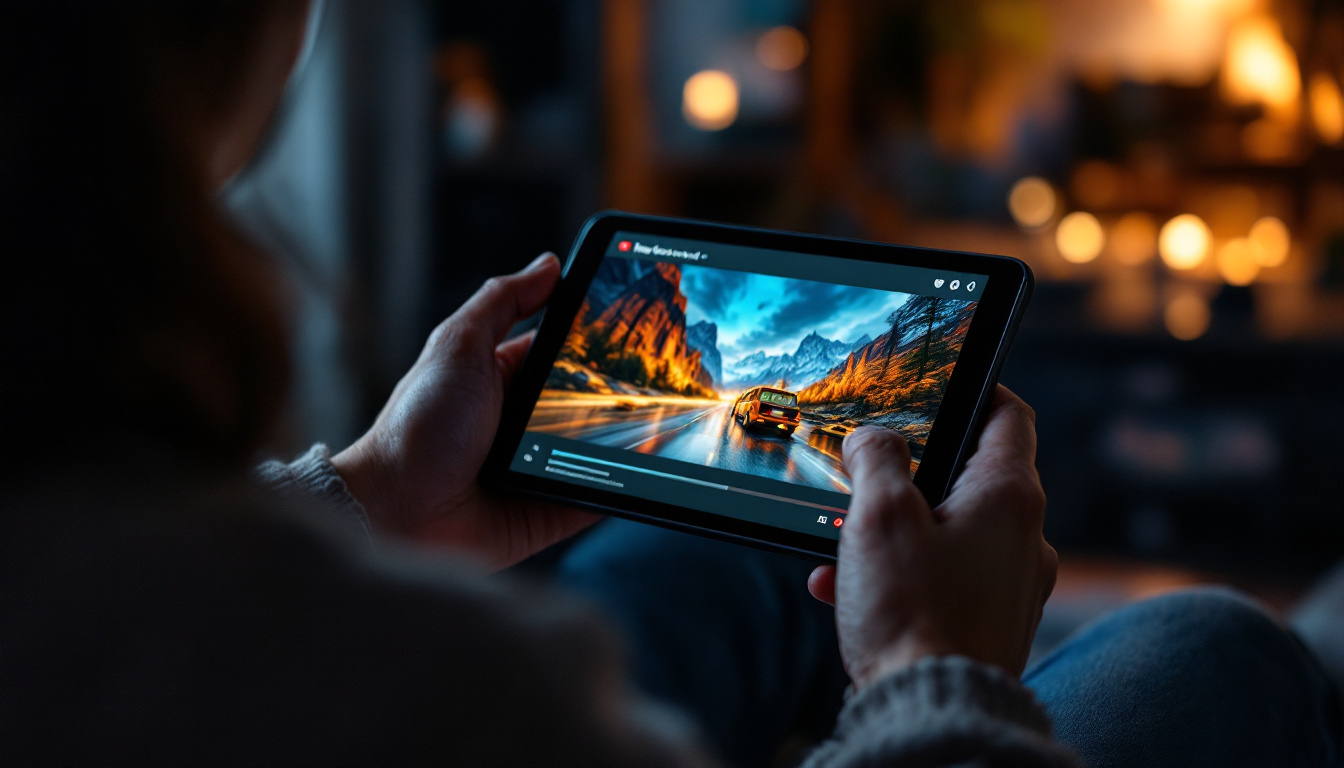Top PPC FAQs Answered for Chula Vista, CA Businesses

Pay-Per-Click (PPC) advertising is a powerful marketing tool that has gained significant traction among businesses in Chula Vista, CA. As the digital landscape continues to evolve, understanding the intricacies of PPC becomes essential for local businesses seeking to enhance their online presence. This article addresses some of the most frequently asked questions about PPC, providing clarity and insight into how it can benefit businesses in Chula Vista.
What is PPC and how does it work?
PPC, or Pay-Per-Click, is a digital advertising model where advertisers pay a fee each time one of their ads is clicked. This model is primarily used to drive traffic to websites, generating leads and inquiries. The most common platform for PPC is Google Ads, where businesses bid on keywords relevant to their offerings. When a user searches for those keywords, ads may appear at the top of the search results, granting businesses immediate visibility.

The mechanics of PPC involve selecting relevant keywords, creating compelling ad copy, and conducting ongoing bid management. Advertisers set a maximum bid for each keyword, and the ad placement is determined by a combination of bid amount and quality score. The quality score reflects the ad’s relevance and expected click-through rate. A higher quality score decreases costs while improving placement. Additionally, advertisers can utilize various ad formats, including text ads, display ads, and shopping ads, each tailored to different marketing goals and audience preferences.
Moreover, PPC campaigns can be finely tuned to target specific audience segments. Advertisers can leverage tools such as remarketing, which allows them to display ads to users who have previously interacted with their website or app. This strategy not only enhances brand recall but also increases the likelihood of conversion, as these users are already familiar with the brand. Furthermore, the ability to conduct A/B testing on ad copy and landing pages enables advertisers to refine their messages and improve overall campaign effectiveness.
Key Benefits of Using PPC
- Immediate Results: Unlike organic SEO, which can take time to show results, PPC campaigns can generate traffic immediately once they are live.
- Targeted Advertising: PPC allows for precise targeting based on location, demographics, dayparting, and user behavior.
- Measurable Results: Advertisers can track the performance of their campaigns in real-time, adjusting strategies as needed to maximize ROI.
In addition to these benefits, PPC also offers flexibility in budgeting. Advertisers can set daily or monthly budgets, ensuring that they maintain control over their spending. This is particularly advantageous for small businesses or those with limited marketing budgets, as they can still compete effectively in their niche. Furthermore, the ability to pause or adjust campaigns at any time allows businesses to respond quickly to market changes or shifts in consumer behavior, making PPC a dynamic and responsive advertising solution.
Another significant advantage of PPC is its integration with other marketing channels. For instance, insights gained from PPC campaigns can inform SEO strategies, helping businesses identify high-performing keywords that can be optimized for organic search. Additionally, PPC can complement social media marketing efforts, as ads can be tailored to drive traffic to social profiles or specific content, creating a cohesive multi-channel marketing approach that enhances overall brand visibility.
Why is PPC important for local businesses?
For local businesses in Chula Vista, PPC provides a unique opportunity to reach potential customers who are actively searching for products or services within their vicinity. With the rise of mobile searches, consumers are increasingly looking for local solutions, making PPC an effective way to capture these leads. The immediacy of PPC advertising allows businesses to connect with customers at the exact moment they are in need, which is crucial in today's fast-paced environment.

PPC helps local businesses gain visibility against larger competitors that may have extensive marketing budgets. Utilizing locally targeted keywords ensures that advertisements reach consumers who are geographically aligned with the business’s service area. Additionally, with options like Google My Business integration, local businesses can feature their ads in high-visibility locations, such as Google Maps. This not only drives foot traffic but also enhances the overall online presence of the business, making it easier for customers to find and engage with them.
Building Brand Awareness
PPC not only drives traffic but also builds brand awareness. When ads repeatedly appear at the top of search results, they create recognition with potential customers, even if they do not click immediately. Over time, this can lead to increased trust and a higher likelihood of conversion as consumers become familiar with the brand. Moreover, the ability to tailor ad copy and visuals to reflect local culture and community values can further enhance this connection, making the brand more relatable and appealing to the local audience.
Additionally, PPC campaigns can be finely tuned to target specific demographics, interests, and behaviors, allowing local businesses to reach their ideal customers more effectively. By analyzing performance metrics, businesses can adjust their strategies in real-time, optimizing their ad spend and ensuring they are getting the best return on investment. This level of precision is particularly advantageous for local businesses, as it allows them to allocate resources efficiently and focus on what resonates most with their community, ultimately fostering a loyal customer base.
How to select the best PPC platform?
Selecting the right PPC platform is crucial for maximizing the effectiveness of advertising efforts. While Google Ads is the most popular choice due to its vast reach and data analytics capabilities, local businesses should also consider other platforms depending on their target audience. Understanding the nuances of each platform can significantly impact the success of your campaigns, as each has its own unique features and audience engagement strategies.
For example, platforms like Facebook Ads, LinkedIn, and Instagram can be highly beneficial for businesses that have strong visual content or aim to engage specific demographics. Facebook, with its extensive targeting options, allows advertisers to reach users based on interests, behaviors, and location, making it an excellent choice for businesses looking to connect with niche markets. LinkedIn, on the other hand, is ideal for B2B companies aiming to reach professionals and decision-makers, offering tools that facilitate lead generation and networking opportunities. The choice of platform should align with the business goals, audience characteristics, and the types of products or services offered, ensuring that your advertising efforts resonate with the right consumers.
Tips for Selection
- Understand Your Audience: Research where your target audience spends their time online. This includes not only their preferred social media platforms but also their engagement with different types of content, such as videos, articles, or infographics.
- Budget Considerations: Evaluate the ad costs on different platforms to see which fits your budget. It's essential to consider not just the cost-per-click but also the potential return on investment, as some platforms may offer lower costs but less effective targeting.
- Goals and Objectives: Determine what you want to achieve—brand awareness, lead generation, or sales conversions—and choose platforms accordingly. For instance, if your goal is to drive immediate sales, platforms that support direct response ads may be more suitable, whereas if you're looking to build brand loyalty, platforms that allow for storytelling and community engagement might be better.
What are the costs associated with PPC?
The cost of PPC can vary significantly based on a range of factors, including the industry, competition, and selected keywords. Generally, advertisers bid on keywords, and the cost is determined by the maximum bid and quality score.
On average, businesses can expect to pay anywhere from $1 to over $50 per click, depending on the competitiveness of the keywords. Local businesses in Chula Vista might find that certain niche keywords are more affordable, allowing for a more efficient spend on advertising.
Understanding Cost Structures
- CPC (Cost Per Click): This is the most common model where advertisers pay only when their ads are clicked.
- CPM (Cost Per Mille): Advertisers pay for every 1,000 impressions, regardless of clicks.
- CPA (Cost Per Acquisition): This model charges advertisers when a specific action, such as a sale or sign-up, is achieved.
How to measure the success of your PPC campaigns?
Measuring the success of PPC campaigns involves analyzing various performance metrics to determine ROI and adjust strategies. Key metrics to focus on include Click-Through Rate (CTR), Conversion Rate (CR), Cost Per Acquisition (CPA), and overall return on ad spend (ROAS).
PPC platforms provide in-depth analytics that allows businesses to track these metrics in real-time. By regularly reviewing performance data, businesses can identify successful ad strategies and optimize underperforming ones. A/B testing different ad copies and targeting options can also yield insights into what resonates best with the audience.
Tools for Tracking Success
- Google Analytics: This tool helps track website traffic and user behavior in relation to PPC campaigns.
- Conversion Tracking: Implement conversion tracking to understand which ads lead to actions.
- Third-Party Tools: Consider tools like SEMrush or WordStream for comprehensive PPC analytics and insights.
In summary, PPC can be an invaluable asset for businesses in Chula Vista looking to enhance their visibility and drive sales. By understanding these key aspects of PPC, local businesses can effectively navigate this marketing strategy and reap its benefits.

As a Google Ads expert, I bring proven expertise in optimizing advertising campaigns to maximize ROI.
I specialize in sharing advanced strategies and targeted tips to refine Google Ads campaign management.
Committed to staying ahead of the latest trends and algorithms, I ensure that my clients receive cutting-edge solutions.
My passion for digital marketing and my ability to interpret data for strategic insights enable me to offer high-level consulting that aims to exceed expectations.





